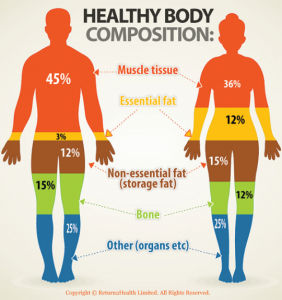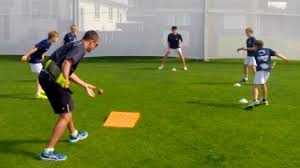Importance of Nutrition for cricketers on Match Day, Training days and Off-season days by Sayali Naik
Diet, Physical activity and Cricket performance:
The game of Cricket is misunderstood to be very slow, skill based and requires very little in the way of physical
attributes, especially when compared to other sports. The truth is that the players require an extraordinary
level of skill, strength, agility, speed, flexibility, etc, especially if they want to perform at the top of their game.
For optimizing the cricket performance, the focus should not just be on the way you train; the vital component
in performing at your best, as well as maintaining good lifestyle comes down to your diet, level of physical
activity and getting the balance right.
It will not only be helping in building good stamina required for the game but will also reduce down the injuries that the cricketers are most prone to. The supplements as the name suggests should always be supplementary when the nutrients are not met via food.
Body composition, diet and performance:
Historically, cricketers come in all sizes and shapes. However, there is now keen emphasis on staying trim and
lean, which means the body fat and muscle composition should be in optimal amounts. A lower body fat
composition is important for any cricketer because it allows players to be more flexible, agile and faster. Less
body fat would in principle improve a player’s speed, stamina and heat tolerance which can be achieved by
working on proper balanced nutrition and workout training patterns only.

One should always work on a diet program depending on their activity level, fitness goals, game formats, game position, medical conditions and of course which is sensible and long term principles and not follow any fad diets or take any unwanted supplements without taking help from the nutrition expert.
Training day nutrition:

The new breed of cricket player who regards himself as an athlete and has an organised training schedule,
better nutrition habits will bring improvements in adaptation to training and match performance. When it
comes to training sessions and your nutritional needs, it is important that you select and consume the correct
foods at correct timings to sustain you through your training sessions, and also encourage rapid recovery
afterwards. The diet should be predominantly nutrient dense with a high intake of whole grains, vegetables,
fruits, nuts, etc.
Match day nutrition:
Depending on the match formats, timing of the day, playing position, etc the players should stock up good high
carbohydrate, low good quality fat, high protein foods and hydration drinks for sustaining energy throughout
the match and for better game recovery. Here as well the quality, quantity and timing (pre-game, during
game, post-game) of the food intake are important factors for effective game performance. The cricketers are
usually travelling and so the nutritional priorities should be properly planned and executed by the cricketers.
Off Season nutrition:
The athletes after the game season, enter an active recovery phase of training, known as the ‘’off-season’’
which is important for resting, repairing and recovering physically and mentally after a long training and match
season. With the decrease of training volume & intensity also comes a decrease in caloric needs. However, as
training decreases many cricketers continue to eat as they were when training hard and long hours or eat junk
food because they’ve been eating healthy throughout the season. This practice however will result in fast fat & weight gain as you over-consume unnecessary calories. Cricketer’s off-season nutrition plans also require attention to quality, timing and quantity of food.
Cricket is often a game that gets ignored as a potential beneficiary of correct nutritional strategies and therefore it is most sensible to structure a cricket nutrition plan to perform better.
-By Sayali A.Naik
Exercise & Sports Nutritionist (M.Sc.)



Comments are closed.